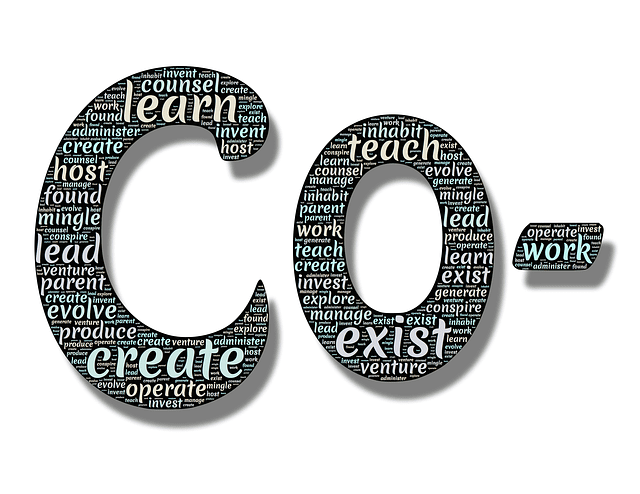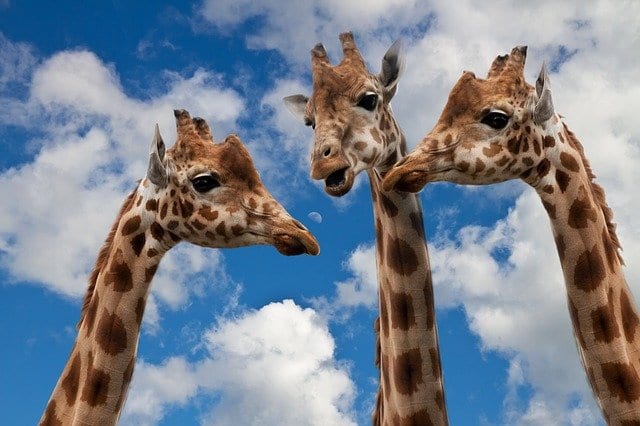Controlled and linear organisational learning may have worked in less turbulent times. A learning culture that is fit-for-purpose in today’s world requires learning to emerge in real time. Tune into what is happening at the periphery of our organisation. The ripe issues are more likely to emerge there.
Monthly Archives: December 2020
Creating a reflective space through emergent dialogue brings a richer set of perspectives to the surface. This enables agility; valuable in turbulent times. A valuable reflective practice is After Action Reviews. They are used by the military and many police forces around the world to learn from serious incidents.
Nature points towards basic methods that work such as sensing patterns, recombining ideas into a new “mutation” and being open to feedback. Systems mapping, pattern analysis, experimentation, collaboration, and dialogue are their organisational equivalents.
Discipline #4 of 5 – Team Learning The fundamental characteristic of the unaligned team is wasted energy. And unless teams can learn, the organisation cannot learn. When teams are aligned and learning they produce extraordinary results. And individuals in the team grow more rapidly than they could ever otherwise do. The discipline of team learning
The visioning process is a process of participative inquiry. It requires convening meetings where people can talk about their dreams and fears for the future. It requires accessing people deep desire for connection to each other and to a bigger purpose.
Mental models are powerful when you are unaware of them. Because you are unaware of them, you don’t examine them. And because you don’t examine them you don’t change them. It is very difficult to get to grips with something that has you in its grip.





